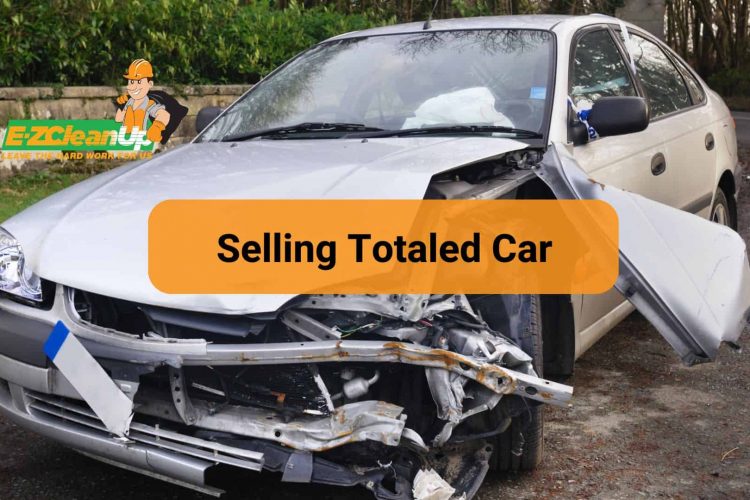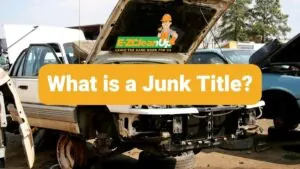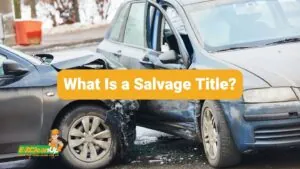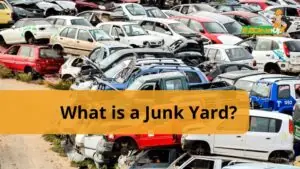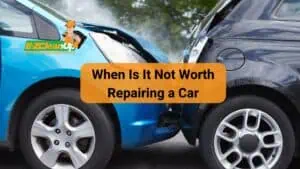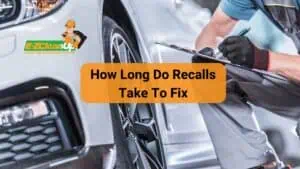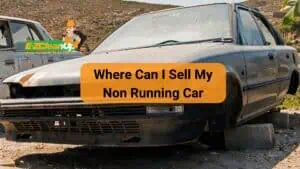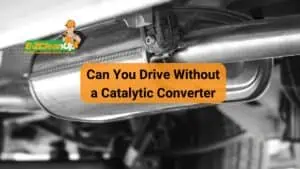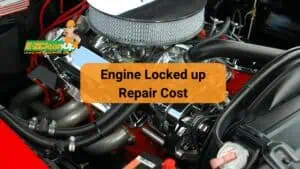When selling a totaled car, assess its value and condition, explore sales options like salvage yards or private listings, and understand legal requirements like title transfers. Maximizing returns involves clear marketing and negotiations and ensuring all transactions adhere to state tax laws.
Wanna know the details about the process involved in selling totaled car? Read on.
Options for Selling a Totaled Car
A ‘totaled’ car in insurance terms, also referred to as a ‘total loss,’ is defined when the cost to repair the vehicle exceeds its current market value or actual cash value (ACV). This threshold varies by state but commonly ranges around 70-100% of the vehicle’s value.
Essentially, if the repair costs of a damaged car are high relative to its value, the car is more economically viable to be declared as totaled by the insurance company
The residual or salvage value of a totaled car is determined by estimating how much the vehicle could be sold for in its damaged condition. Once you know how much it will fetch in the market, you can proceed with looking at the potential of earning cash from your junk car.
Here are your options on where to sell:
1. Selling to a Junkyard or Salvage Yard
Junkyards and salvage yards primarily offer a no-fuss solution to dispose of a totaled vehicle. These establishments pay for cars in almost any condition. They primarily focus on recycling the metal and salvaging usable parts.
The amount you can expect to receive largely depends on the current market prices for scrap metal and the salvageable components of your vehicle.
Preparing Your Vehicle
Before taking your car to a junkyard, it’s crucial to prepare it properly to ensure a smooth transaction. This preparation includes removing all personal belongings, canceling your insurance, and removing the license plates. You also need to have the vehicle’s title clear of any liens to transfer ownership to the junkyard.
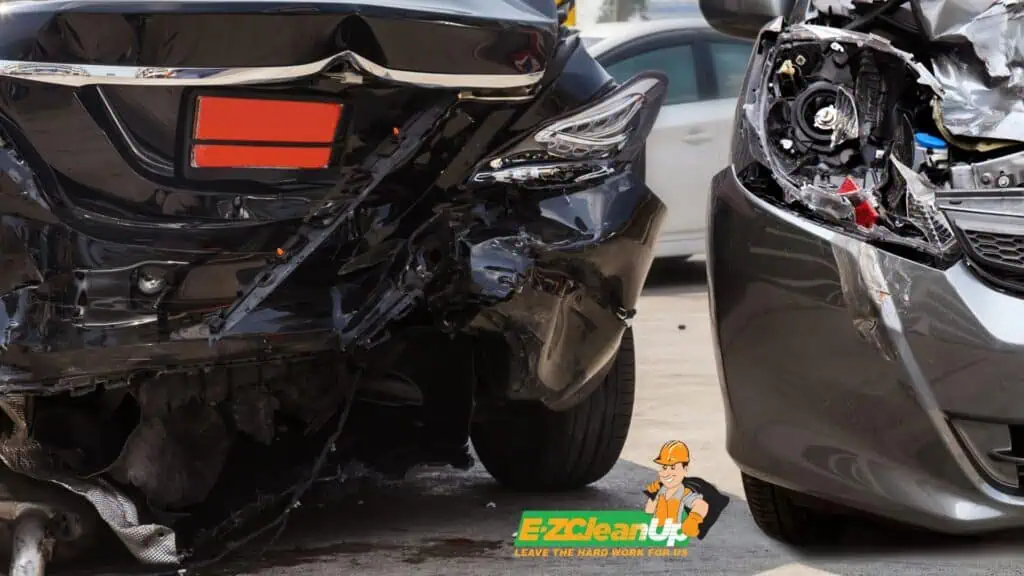
Research and Negotiation
Start by researching local junkyards to find a reputable buyer. Online reviews and recommendations can guide you to trustworthy yards. Once you select a junkyard, don’t hesitate to negotiate the offer based on the make, model, and condition of your vehicle. Being informed about the value of your car’s parts can help in negotiating a better price.
Legal and Practical Considerations
It’s important to complete all necessary paperwork, including transferring the vehicle’s title and obtaining a bill of sale. Some junkyards might require you to deliver the car, while others offer towing services. Ensure all arrangements are clear to avoid last-minute issues .
2. Listing the Car for Sale as a Private Seller
When you decide to list a totaled car for sale as a private seller, it’s crucial to approach the sale strategically to attract potential buyers while ensuring transparency about the car’s condition.
Steps to Listing Your Car:
- Set a Realistic Asking Price: Research the value of your car considering its totaled status. Tools like Edmunds or Kelley Blue Book can provide a baseline. But remember, setting the price slightly above market value may provide some negotiation room.
- Advertise Effectively: Utilize platforms known for private car sales, such as Cars.com or local classifieds. High-quality photos and honest, detailed descriptions of the car’s condition and history are vital.
- Prepare the Necessary Paperwork: This includes having your car’s title, service records, and a vehicle history report ready.
- Organize Safe Viewings: Arrange meetings in public places and consider having someone with you during test drives.
- Secure Payment: Accept payments in secure forms like cashier’s checks or cash. Avoid personal checks due to potential fraud risks. Do not transfer the title until you have confirmed the payment has cleared.
3. Selling Parts Individually
Selling parts individually from a totaled car can often maximize your return if you have the time and resources to manage it.
Here are the steps to get this done:
- Identify Valuable Components: Common valuable parts include the engine, transmission, electronic modules, and even interior components if they are in good condition.
- Market the Parts: Use online platforms like eBay or specialized automotive forums where enthusiasts and repair shops look for specific parts.
- Handle Transactions Carefully: Ensure you describe the condition of parts accurately to prevent disputes. It’s advisable to use secure payment methods, consider the logistics of shipping large parts, or specify local pickup to simplify the process.
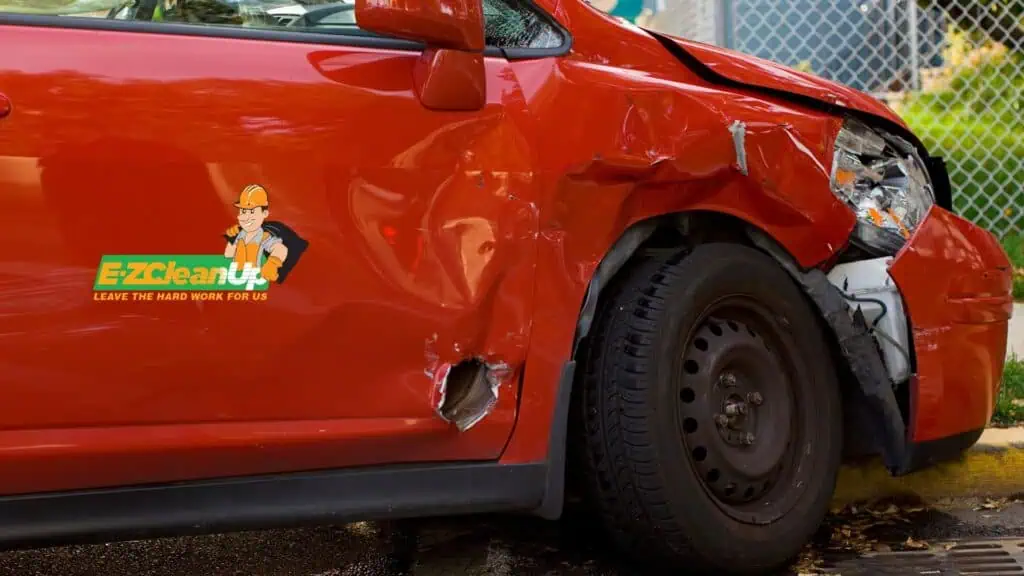
4. Sell Your Car at Professional Junk Removal Services
If you want to quickly and easily dispose of your totaled car, this option is the best on our list. However, not all junk removal companies provide this service. Be sure to inquire beforehand to confirm availability.
In addition to responsibly disposing of items like old mattresses and bulky appliances, you’ll be pleased to learn that we at EZ CleanUp also offer top dollar for junk cars, including totaled vehicles. We can pick up your car directly from your location, simplifying the process for you.
Steps to Legally Sell a Totaled Car
Selling a totaled car involves several crucial steps to ensure the transaction is legal and transparent. Make sure that you obtain the right documentation first and foremost.
The most critical document you need is the vehicle title. If your car is declared a total loss, the title must be branded as ‘Salvaged’ or ‘Rebuilt’, depending on its condition and your state’s regulations. This designation must be clear on the title to inform any future buyer of the car’s history.
Additionally, it is mandatory to disclose that the vehicle has been totaled. This includes information on any major damages, such as flood damage, or if the car has been reconstructed. Ensuring full disclosure helps protect you from potential legal issues post-sale.
When selling a totaled car that you own outright, you need to transfer the title to the new owner. If there is a lien on the car because it’s financed, the insurance payout typically goes directly to the lienholder.
If the insurance payout covers the loan, the lienholder will release the title to you, which you can then sign over to the buyer. If the payout doesn’t cover the loan, you’ll need to pay off the remainder before you can transfer the title.
Lastly, depending on your state, you may also be required to report the sale to the Department of Motor Vehicles (DMV). This typically involves submitting forms to notify the DMV of the change in ownership and can sometimes be done online.
Disclosure Requirements for Selling Totaled Vehicles
When selling a totaled vehicle, it is crucial to adhere to specific disclosure requirements to ensure transparency and legality. Here’s what you need to consider:
- Salvage Title: Most states require that a vehicle’s title be clearly marked as ‘Salvaged’ if it has been deemed a total loss. This disclosure must be made upfront to potential buyers, often noted directly on the vehicle’s title document.
- Mandatory Disclosures: You must inform prospective buyers if the vehicle has been involved in significant incidents, such as floods or severe accidents, that resulted in it being totaled.
- Specific State Requirements: Each state may have additional disclosure requirements regarding the condition of the car. For instance, in Arizona, sellers are legally obliged to disclose that the vehicle has been deemed a total loss, which helps both parties avoid future disputes.
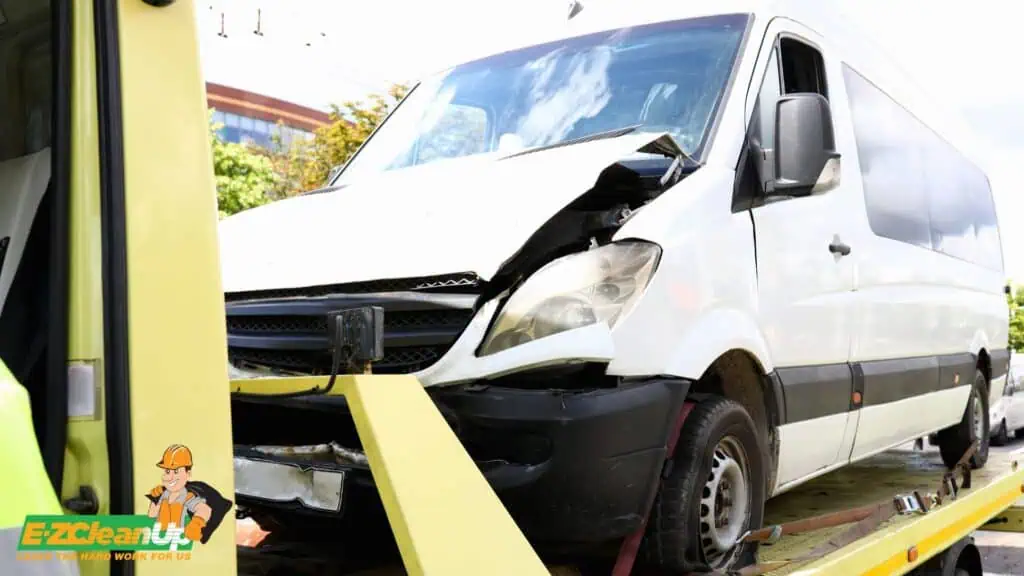
Turn Your Total Loss Into Total Gain with EZ
If you’re facing the headache of a totaled car, the situation often feels like a lose-lose. However, it doesn’t have to be. Selling your totaled car can transition from a burden to a benefit with the right approach.
The first step is choosing a method that minimizes effort while maximizing financial return. EZ CleanUp can transform this stressful situation into a straightforward, profitable resolution. We not only remove your car efficiently but also offer cash payments.
Ready to turn your total loss into a total gain? Reach out to us to find out more.

